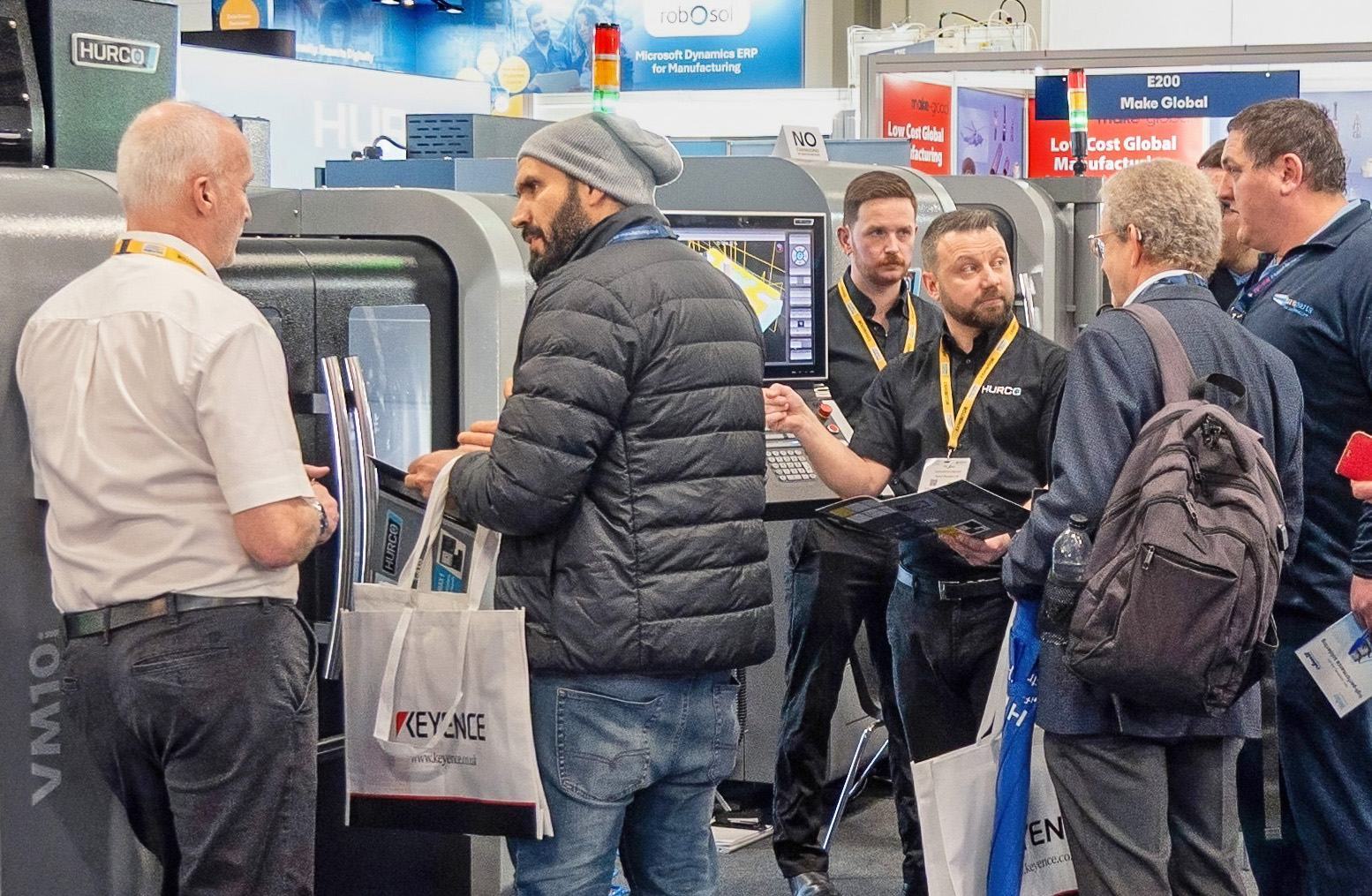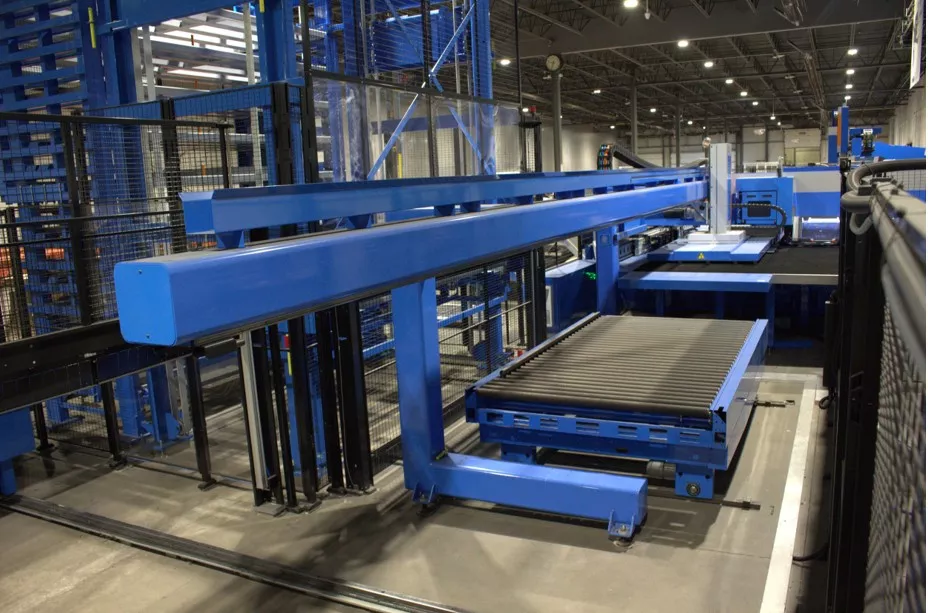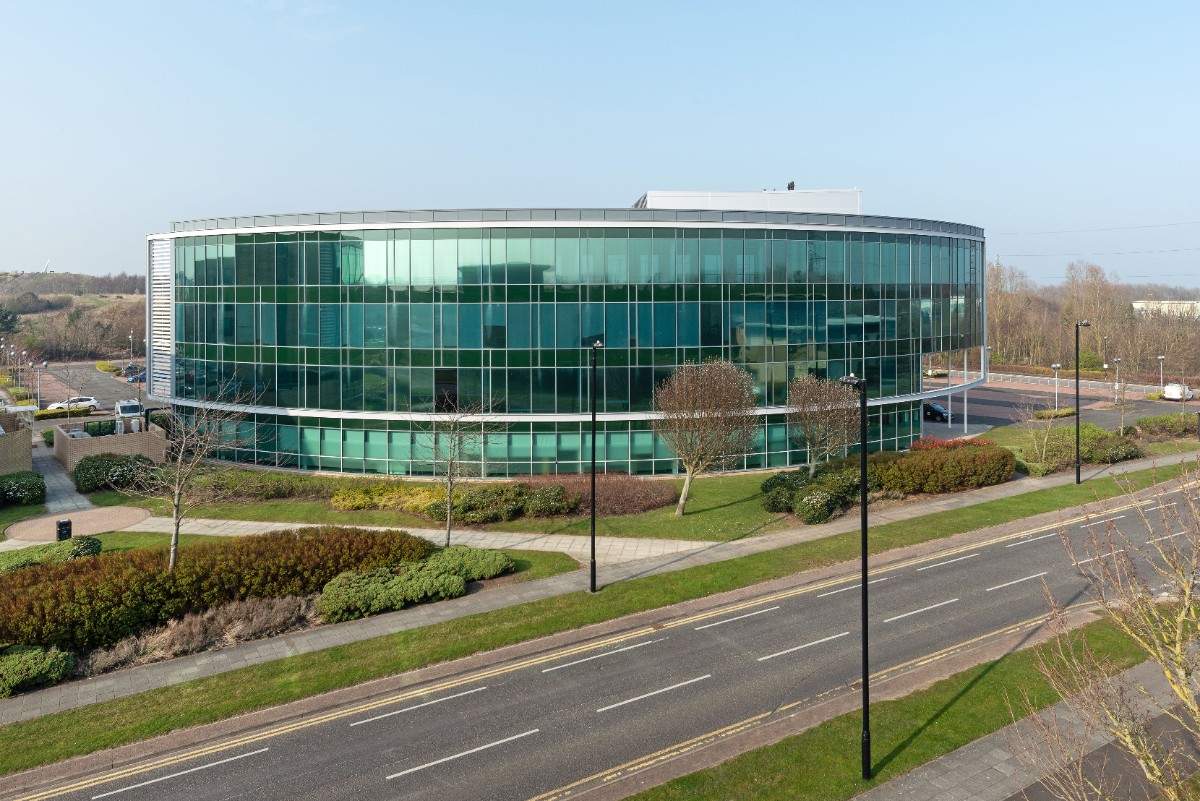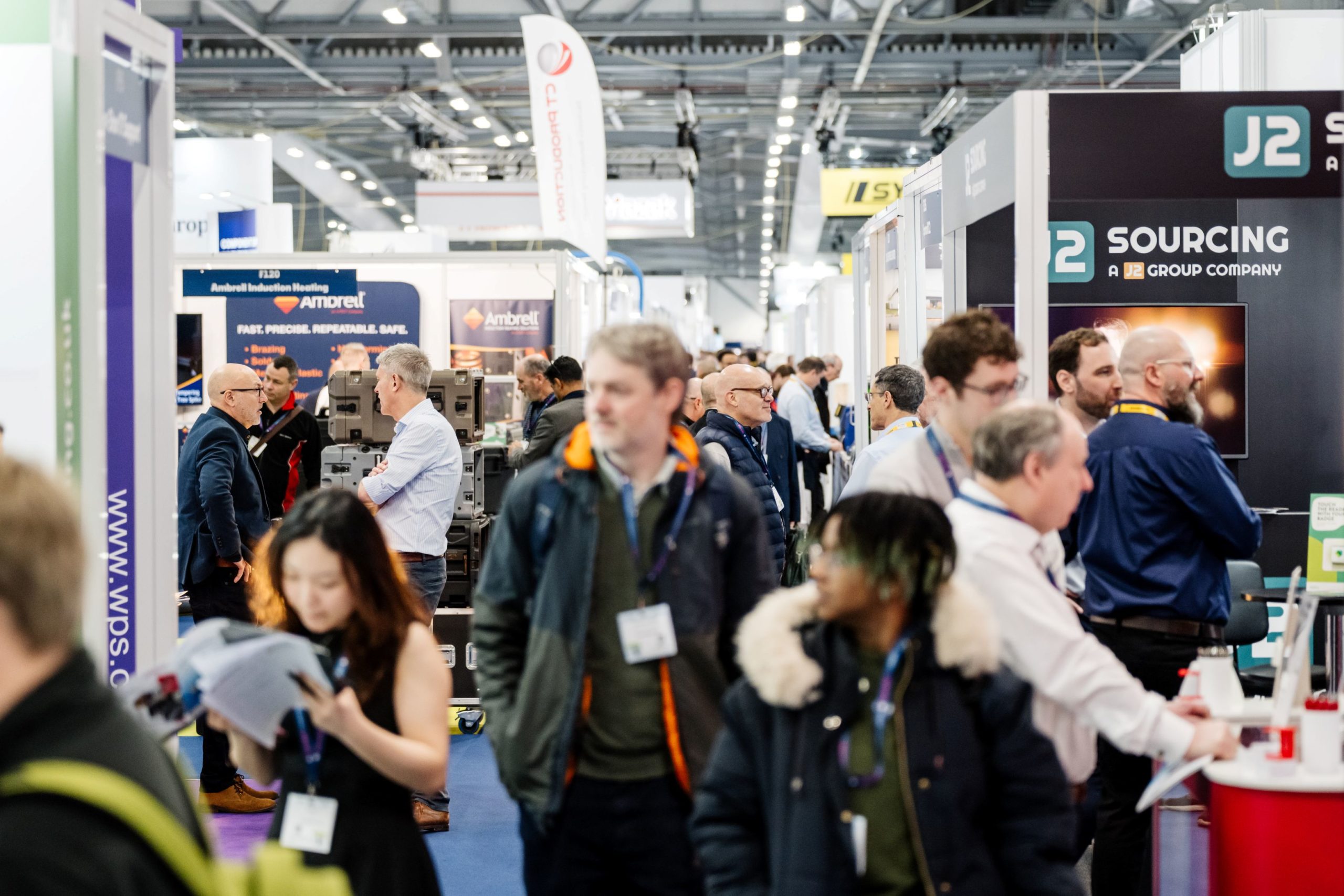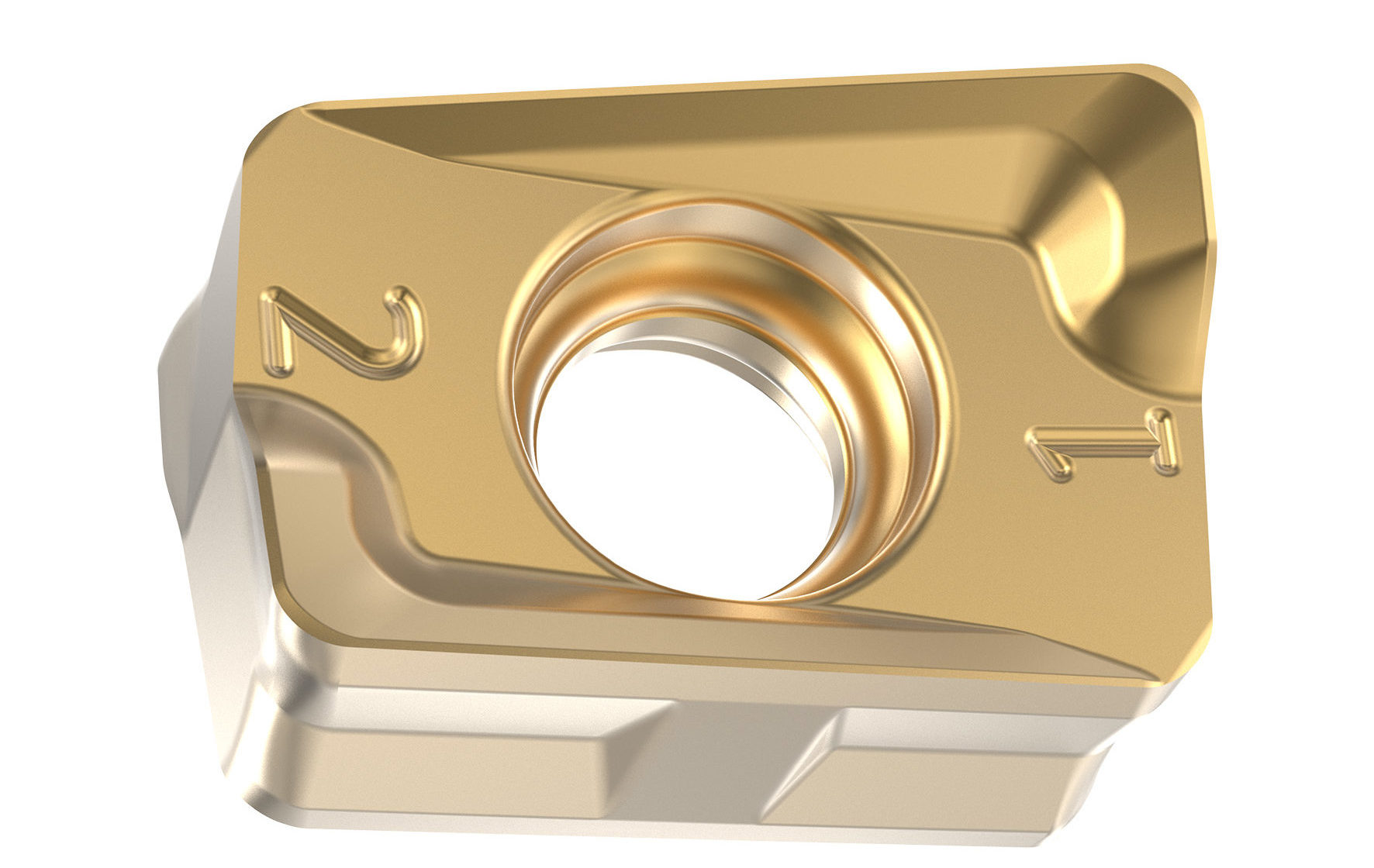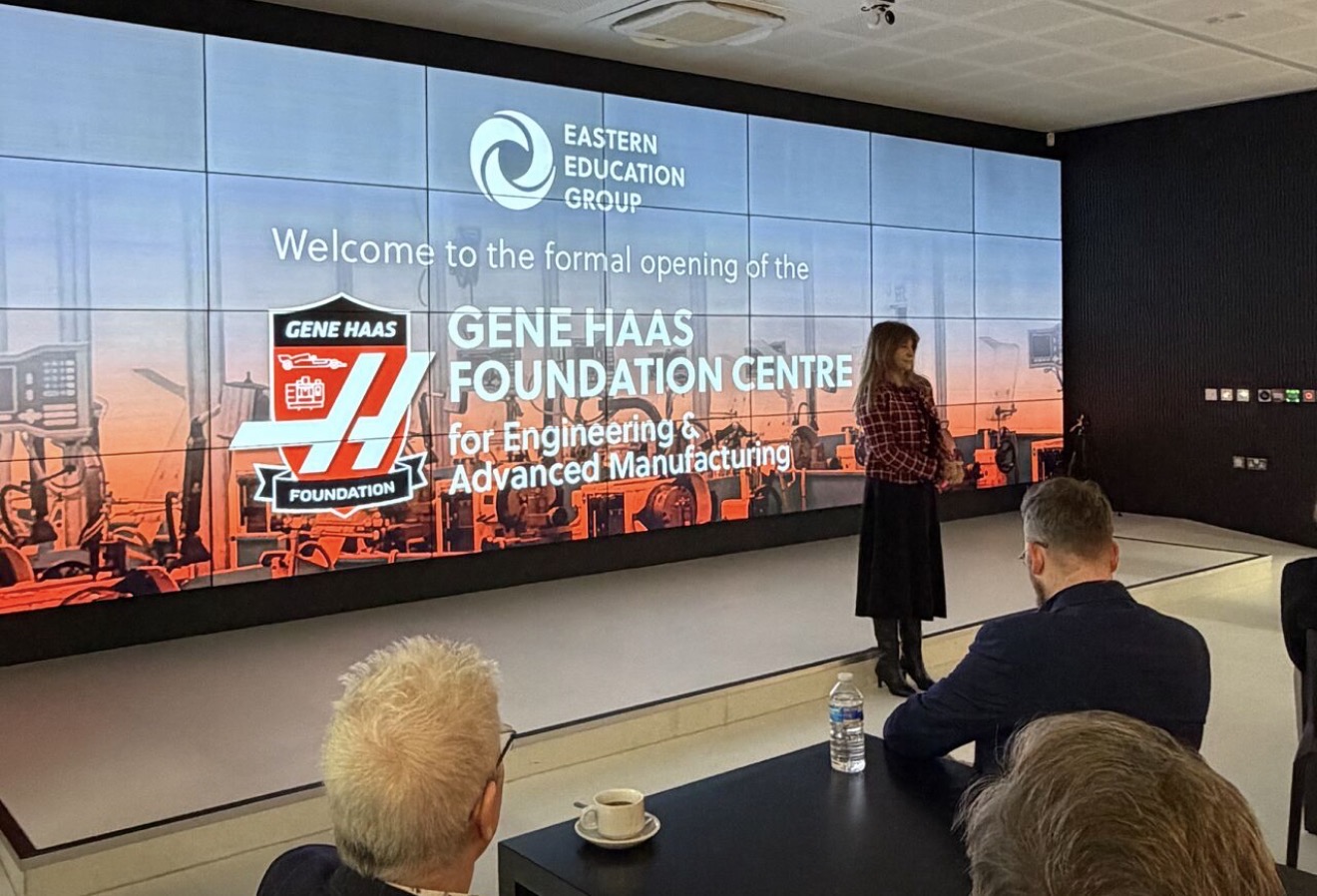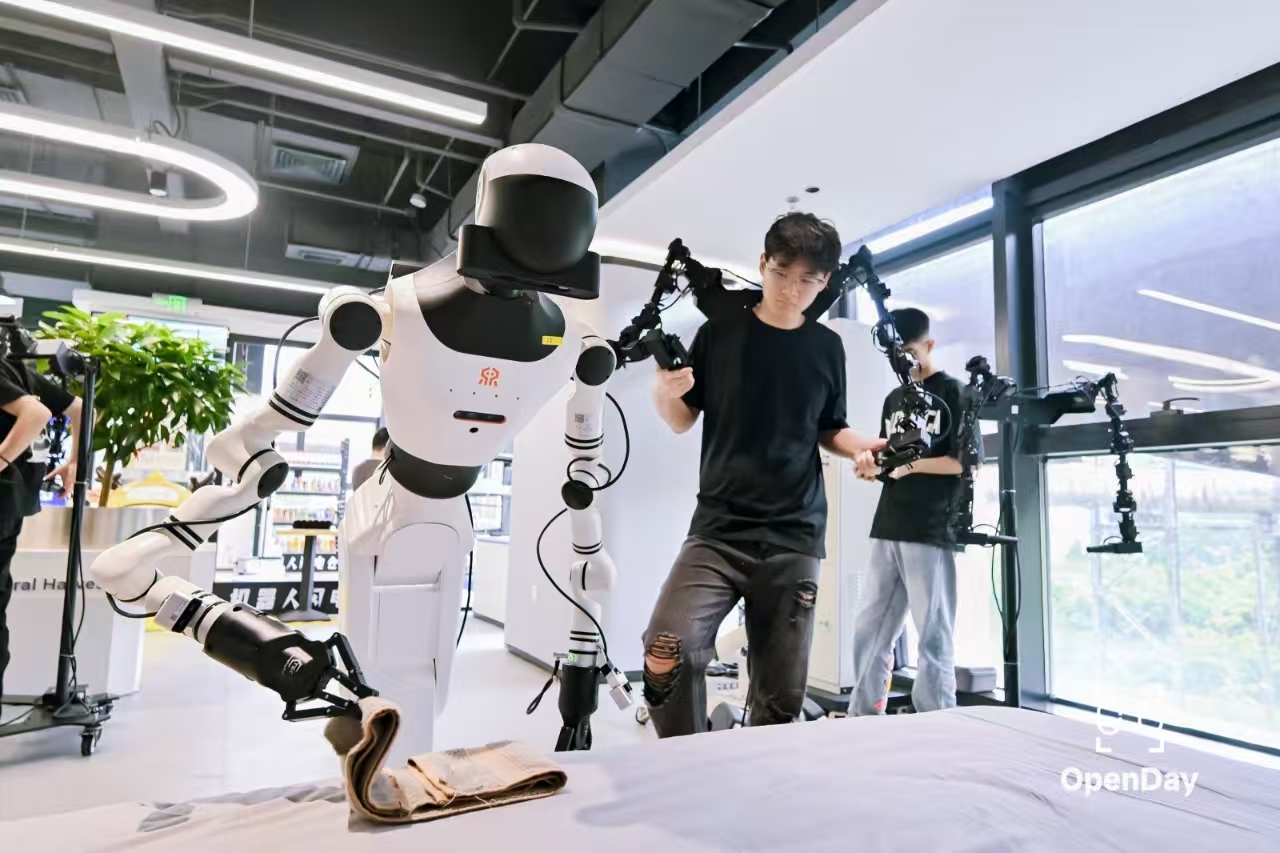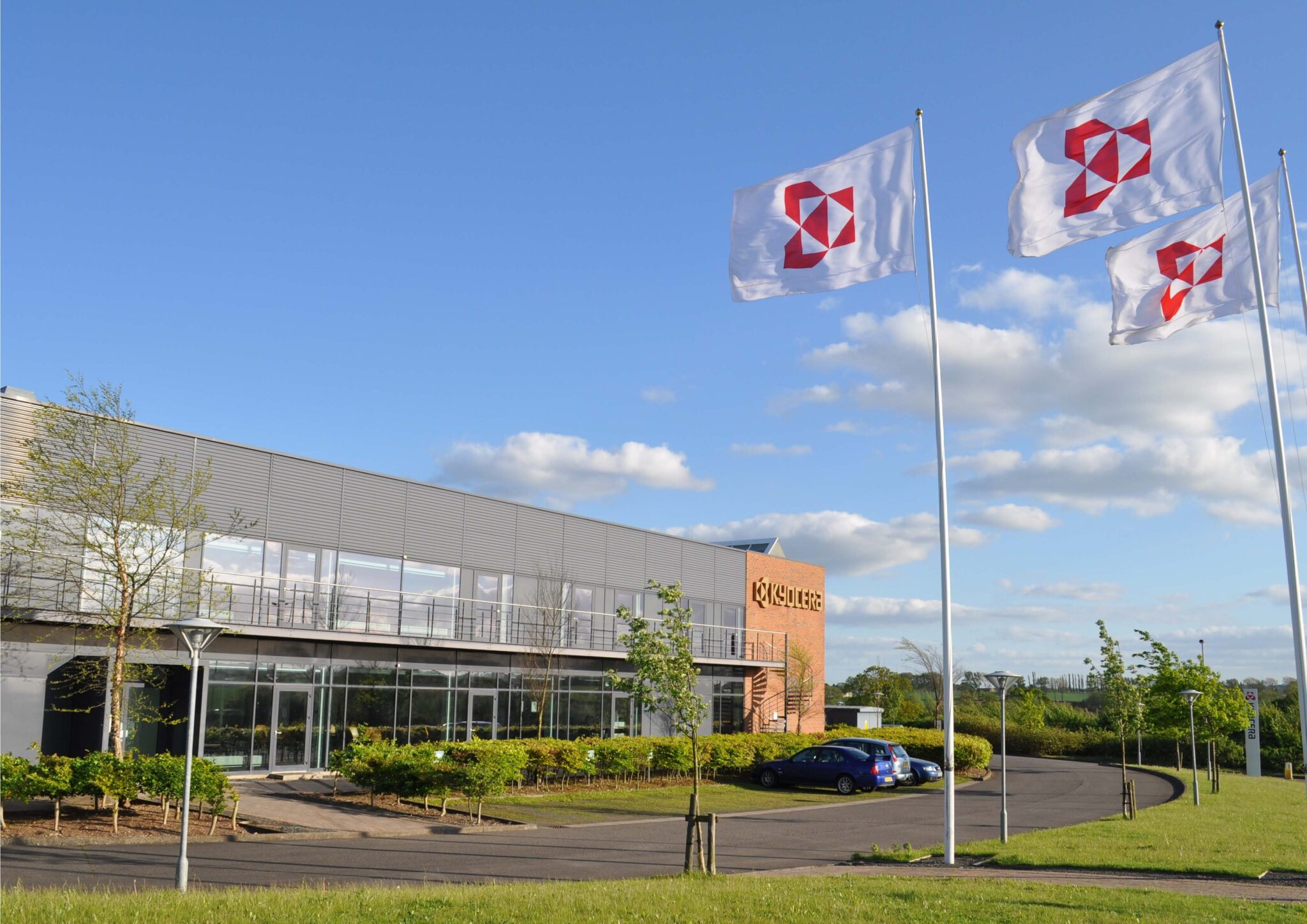Revitalising Milling Machines with CNC Upgrades
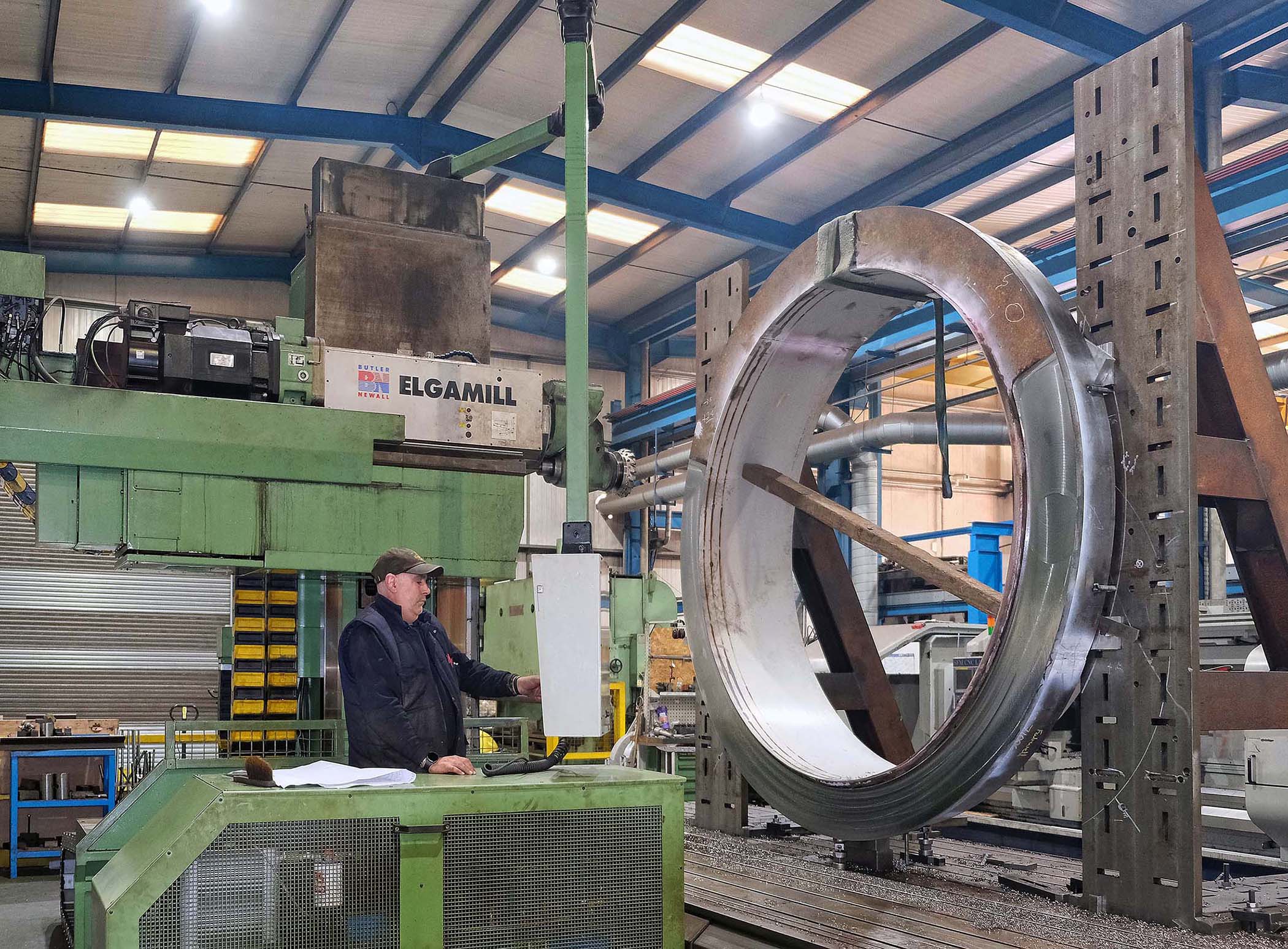
Three large travelling-column bed mills at Afon Engineering’s Swansea facility were recently retrofitted with Heidenhain TNC 320 controls and new drives, significantly enhancing their reliability and performance. This upgrade shows how well-built machines from the late 1980s can be revitalized for a fraction of the cost of new equipment.
CNC milling is central to Afon Engineering’s operations, making the refurbishment of these Elgamills a priority. According to Engineering Director Andrew Beaujean, the project has given the company the confidence to take on more varied contracts, including the machining of evaporator tube plates.
The refurbished machines have beds measuring 12, 10, and 8 metres. When installed in 2009, the mid-size model was the company’s first CNC machine, equipped with a Heidenhain TNC 355 control. The other two Elgamills, arriving five and 11 years later, originally featured the TNC 155 system. Two smaller, non-modernised machines from the same manufacturer remain in use on the shop floor.
Older manual Elgamills had become unreliable, with replacement parts difficult to source and breakdowns frequent. Even with the newer models, reliability issues persisted, often leaving only one machine operational at a time, which posed significant challenges for the management team, especially given the large, one-off emergency jobs for the steel and energy supply sectors.
In 2020, Afon Engineering met with Steve Wright of Heidenhain (GB) and Simon Hopkins of SDH Controls and Services to discuss possible solutions. As the machines were over three decades old, they all had original analogue drives. While it was considered to keep these and the motors, they were no longer supported. Instead, new analogue drives and motors were installed, along with the TNC 320 control. Heidenhain assured Afon Engineering that the control would be supported for at least 15 years, with similar assurances for the new drives.
Although switching to digital drives and the more powerful Heidenhain TNC 620 or 640 systems was considered, the costs would have been prohibitive, and the productivity gains limited for machines without automatic tool changers. The focus in Swansea is on reliability and dimensional accuracy, rather than speed, with milled features tied to tolerances of ±0.1 mm.
Another advantage of the new controls is the ability to perform off-line programming, maximising machine uptime and allowing reverse engineering of complex components. For example, a recent job involved machining a four-metre evaporator tube plate with 4,500 holes for the sugar industry. Scan data provided by the customer was used to create a program in Afon Engineering’s OneCNC CAD/CAM system, which was run on one of the Elgamills. The entire project lasted about a month.
The upgrade has reduced program writing times by up to 50%, and having identical controls on all three machines means jobs can be seamlessly transferred between them.
The retrofit project, started in April 2022 and completed by September, has been a success. Mr Beaujean praised the relationship with SDH Controls, noting that Simon Hopkins has effectively become their maintenance engineer, working across a variety of machinery and implementing further upgrades.
Choosing to remain with Heidenhain was an easy decision, as the operators preferred the system’s ease of use over other controls in the factory. Moreover, the refurbishment cost of approximately £350,000 was significantly lower than the cost of purchasing new machines of similar capacity.

